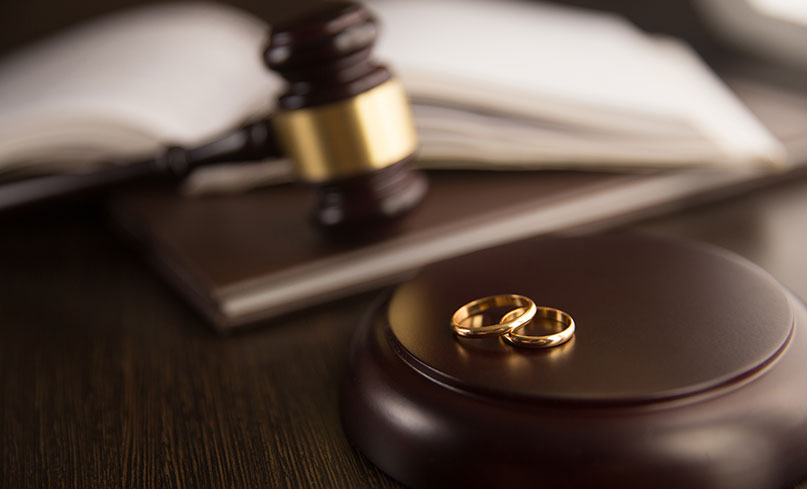Over the years, I have witnessed the frustration that many clients have after getting divorced but then realizing that their case is actually not over. If you have been to mediation and your case has settled or the judge or jury has rendered a decision in your case, an attorney will still have to draft a Final Decree of Divorce (hereafter Decree) based on the mediated settlement agreement, the judge’s ruling or the jury’s verdict.
A Decree could be anywhere from about approximately 10 pages to 50 pages depending on the complexity of your case. Many times after the Decree is drafted, the party that did not draft it will have the opportunity to review it and make changes. Sometimes, the parties may not reach an agreement on the form of the document. If this is the case, the drafting attorney will most likely have to set the matter for hearing by filing a Motion to Enter the Decree. The judge will make a ruling on any issues of form, may clarify the court orders and may even grant a request for attorney’s fees during this hearing. Once the hearing is concluded, the Court will most likely require the attorney to resubmit an amended Decree based on any changes the judge ruled or the judge may make those changes if necessary and sign the Decree. When the Decree is entered by the Court, the divorce case is considered finalized by the Court. In addition, some attorneys will also close your case with their office as the post-divorce process may not be a part of the original agreement between you and your attorney. However, there may be other post-divorce matters that need to be dealt with regarding the division of property.
In many instances, retirement benefits may need to be divided between the parties. If so, a Qualified Domestic Relations Order will need to be drafted, entered by the Court and then approved by the plan administrator of the retirement plan. This process will take some time to get done and may add several months to your case timeline. Further, documents may need to be executed in order for title to be switched from one party to the other. These documents may include a power of attorney to transfer a motor vehicle title, a special warranty deed to transfer title to a home or real estate note and deed of trust to secure an interest in real property. The originals of these documents need to be exchanged by the parties. Sometime one party may refuse to sign and exchange these documents. If so an enforcement case may need to be filed against one of the parties. This sort of motion is like opening a brand new case. Some Decree’s will require a refinance of real property within a certain timeframe and if one party has not refinanced, the real property is often required to be sold pursuant to the terms of the Decree. Decrees will often also include language that may require a Receiver to be appointed to sell the property and distribute the proceeds pursuant to the terms of the Decree.
A Motion to Appoint a Receiver can be filed by either party and is another post-divorce proceeding that can cause your case to continue. Oftentimes, these proceedings will take a significant period of time and increase your overall divorce costs. These post-divorce proceedings and case wrap up can cause frustration and become emotionally draining especially because your divorce has been seemingly finalized but your case is continuing.
In the post-divorce process, your continued patience and understanding would be helpful as your attorney is seeking to wrap up your case in a professional thorough manner. Should you need assistance with the post-divorce process, feel free to reach out to our office by calling 817-768-6333 or emailing us at office@ritadixonlaw.com.

